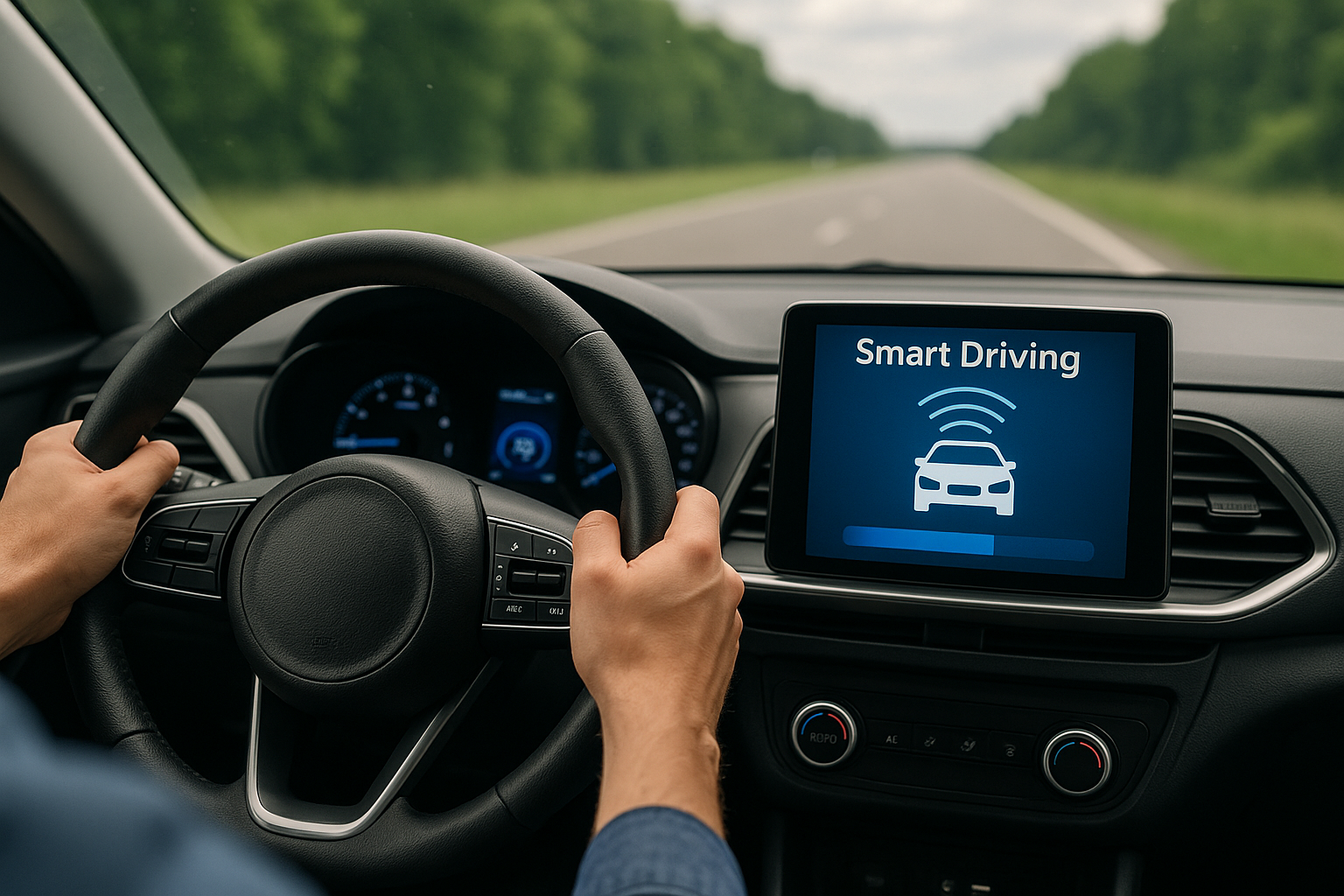China restricts smart driving for safety reasons

In the wake of a fatal accident involving Xiaomi’s SU7 sedan, China’s Ministry of Industry and Information Technology (MIIT) has introduced stricter controls on the marketing and deployment of advanced driver assistance systems (ADAS). Automakers are now barred from using terms such as "smart driving" and "autonomous driving" in advertisements for vehicles equipped with ADAS features. The directive was issued during a meeting with nearly 60 automobile manufacturers, aimed at addressing growing safety concerns tied to the rapid evolution of driving technologies.
The crash, which resulted in the Xiaomi SU7 catching fire shortly after the driver resumed control from the ADAS system, has intensified scrutiny of such technologies. Preliminary findings suggest the transition from automated to manual driving may have contributed to the incident, exposing potential weaknesses in current ADAS functionality.
In response, MIIT has reaffirmed and clarified regulations introduced earlier this year, requiring automakers to conduct comprehensive testing and obtain official approval before releasing over-the-air (OTA) updates for driving software. These rules are designed to prevent manufacturers from using OTA updates to obscure flaws or evade liability, ensuring that all software modifications are thoroughly vetted before deployment.
The regulatory crackdown also extends to China’s rapidly growing electric vehicle (EV) sector, which now comprises more than half of all new vehicle sales in the country. Beginning in July 2026, EV and plug-in hybrid manufacturers will face more rigorous battery safety requirements intended to reduce the risk of fire and explosion. New technical standards will enforce extensive testing to ensure batteries can withstand stress conditions that often trigger thermal runaway—a major cause of EV fires.
Despite these stricter rules, automakers such as BYD, Leapmotor, and Toyota continue to roll out affordable models with ADAS features, vying for a share of China’s expanding EV market. However, heightened regulatory oversight may drive up development costs, slow innovation, and lead to consolidation in the highly competitive auto industry.
Tesla, for instance, has stated it will only launch its Full Self-Driving (FSD) feature in China after receiving the necessary regulatory clearance. The announcement follows user complaints about a temporary pause in a limited-time free trial of the software. Tesla’s customer service acknowledged the suspension and promised to accelerate the approval process. Although the FSD system, powered by generative AI, is designed to handle complex traffic scenarios, it faces hurdles in China due to strict data regulations that limit access to local driving data from its fleet of 2 million vehicles—data that’s crucial for ongoing system training and development.
